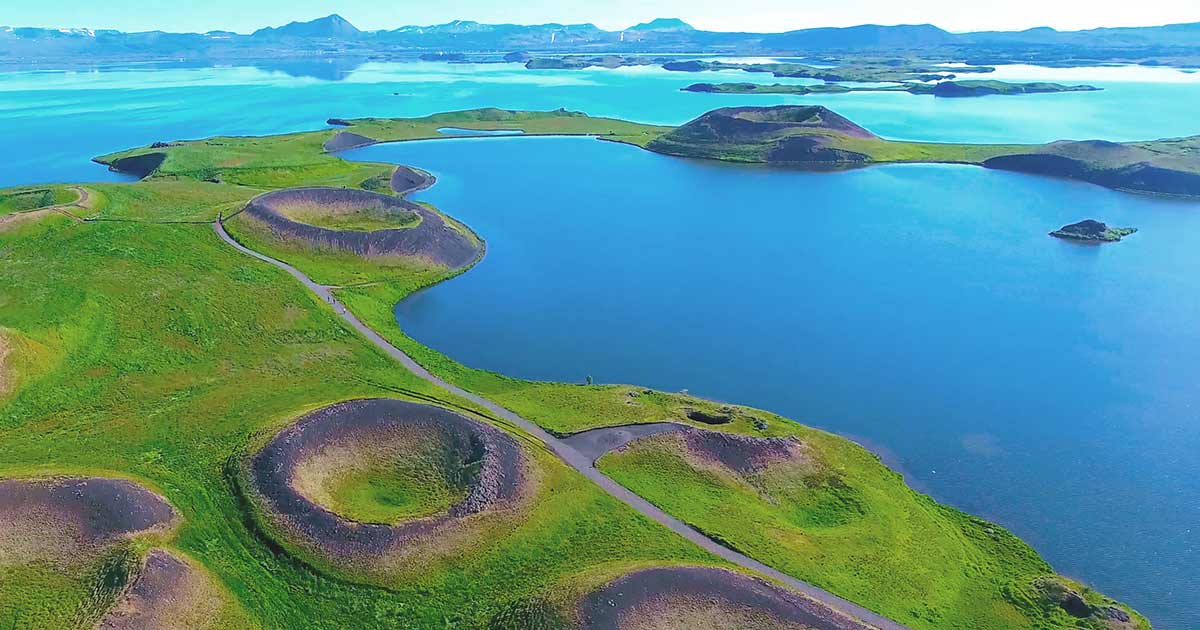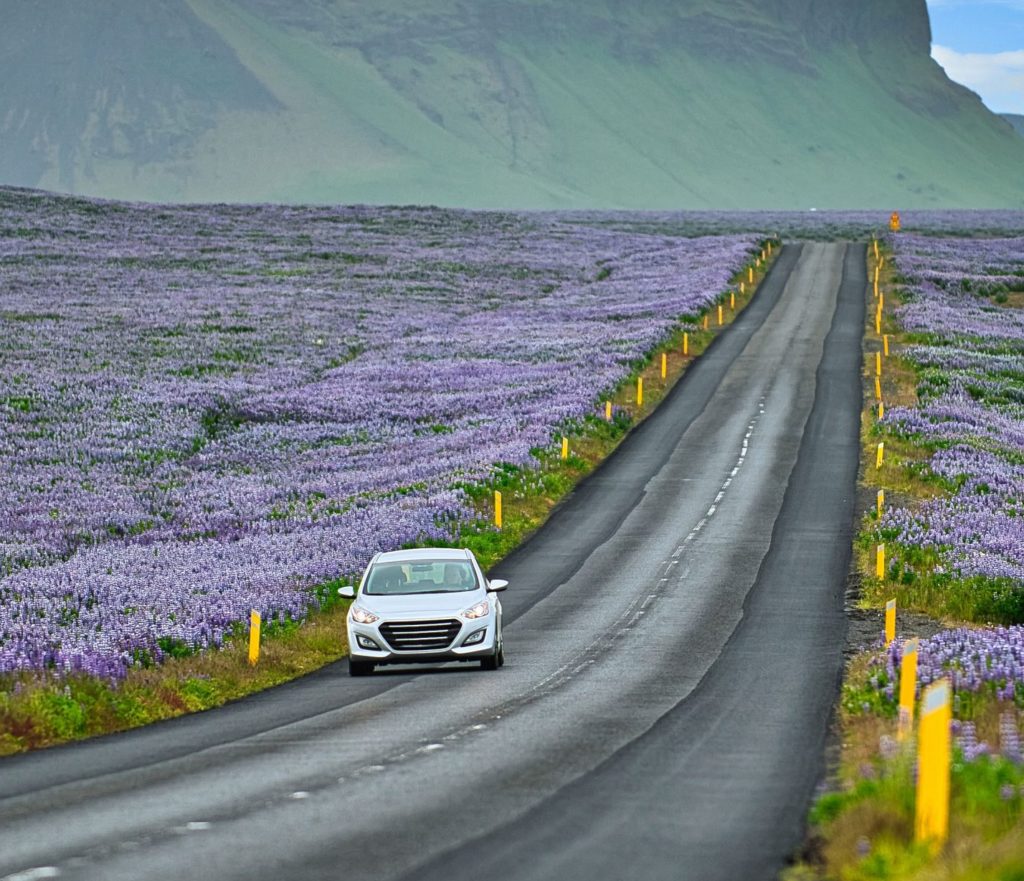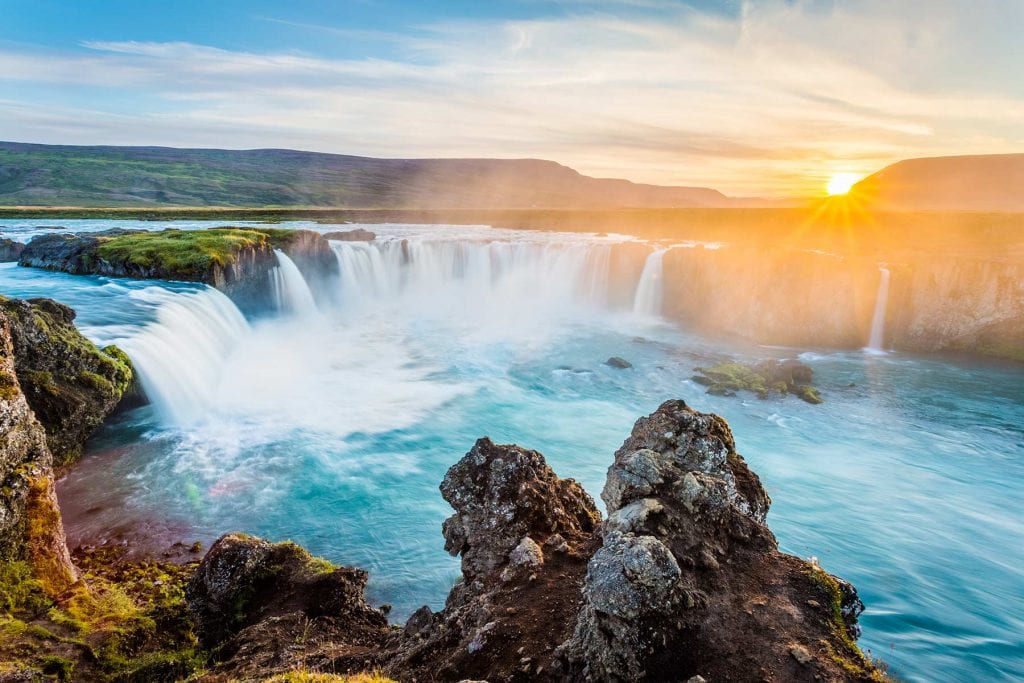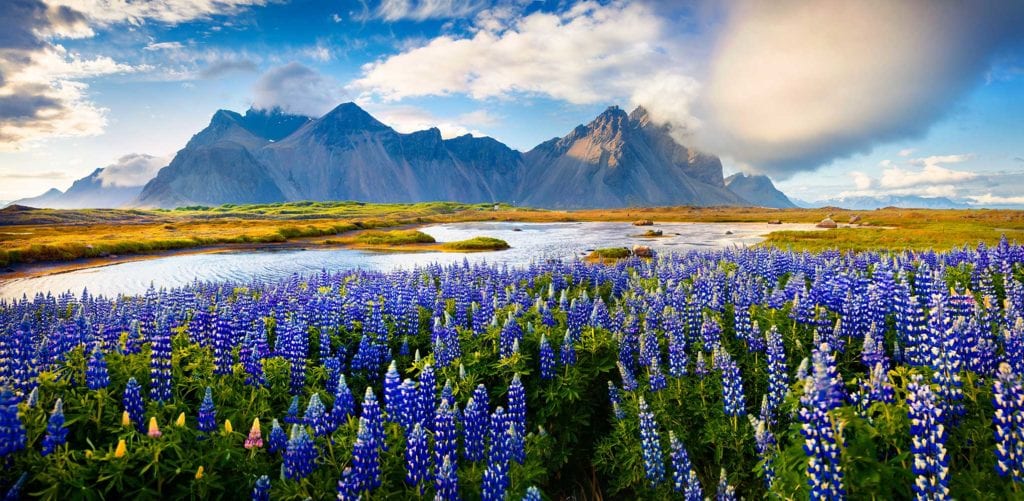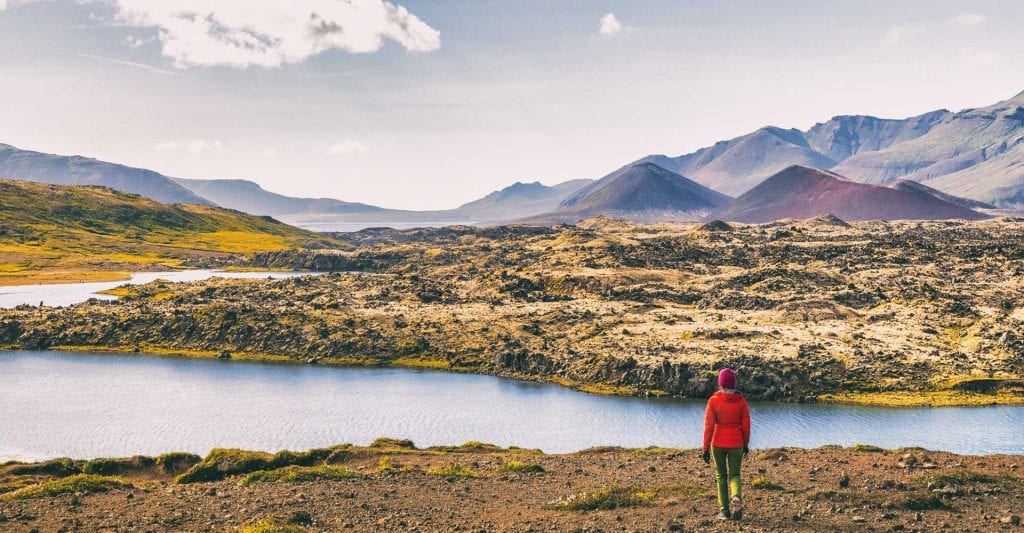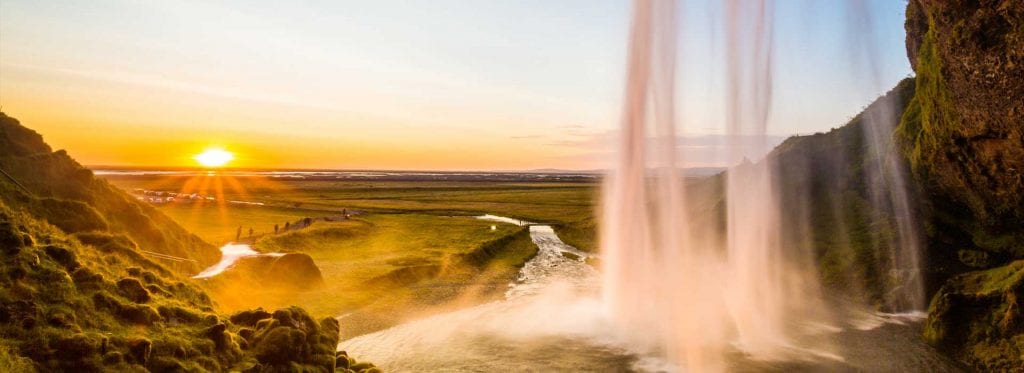Iceland, with its dramatic landscapes, pristine wilderness, and unique natural phenomena, has captured the imaginations of travelers worldwide. This island nation, nestled in the North Atlantic Ocean, is a land of glaciers, volcanoes, waterfalls, and geothermal wonders. Whether you’re planning your first trip or considering a return visit, Iceland always intrigues and inspires. However, with its remote location and distinct climate, many travelers question how to make the most of their Icelandic adventure. This comprehensive FAQ guide delves into over 10 of the most commonly asked questions about traveling in Iceland, providing essential insights to plan your journey effectively.
1. When is the best time to visit Iceland?
- The best time to visit Iceland largely depends on your preferences and what you want to experience. Summer (June to August) offers milder weather, extended daylight hours, and the opportunity to explore the highland interior. It’s the ideal time for hiking, camping, and enjoying outdoor festivals. On the other hand, winter (December to February) is perfect for witnessing the mesmerizing Northern Lights, particularly in the northern and eastern parts of the country. Each season has its unique charm, so choose the one that aligns with your interests and activities.
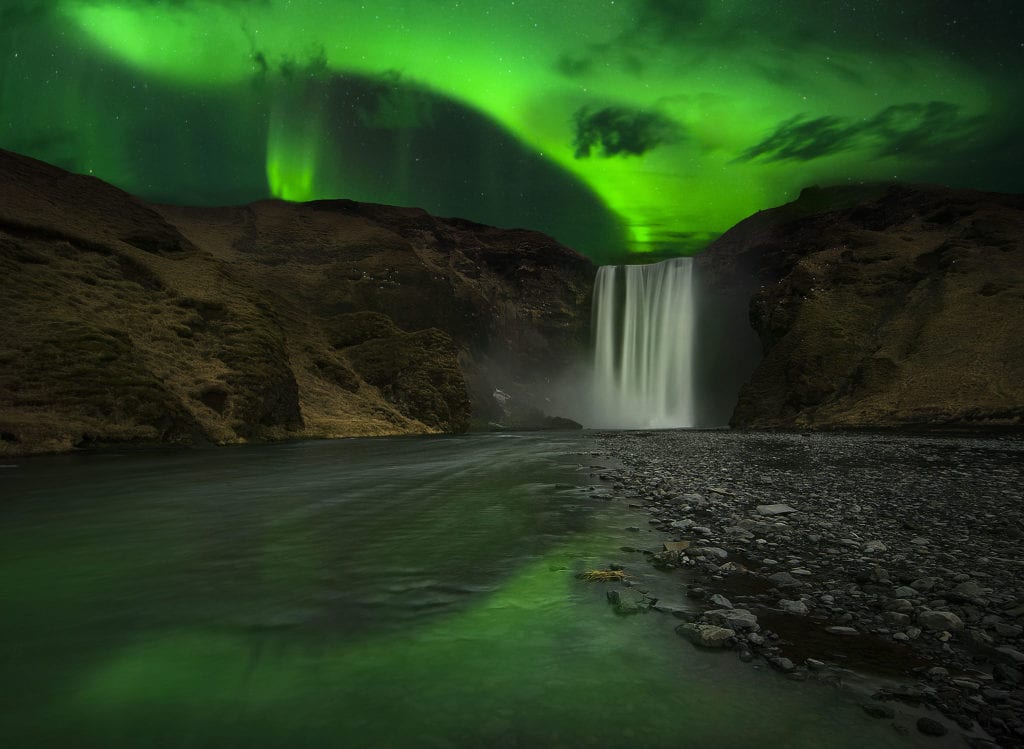
2. Do I need a visa to visit Iceland?
- For most travelers, visiting Iceland is a visa-free experience. Suppose you’re a citizen of the European Union, the United States, Canada, Australia, or numerous other countries. In that case, you can stay in Iceland for up to 90 days within 180 days without a visa. However, it’s essential to check the Icelandic Directorate of Immigration’s website to ensure you meet the specific entry requirements based on your nationality and intended duration of stay.
3. What currency is used in Iceland?
- Iceland’s official currency is the Icelandic Krona (ISK). While credit and debit cards are widely accepted throughout the country, carrying some cash for smaller establishments, remote areas, and cash-only transactions is advisable. ATMs are readily available in cities and towns, allowing you to withdraw Icelandic Krona as needed.
4. How can I get around in Iceland?
- Renting a car is the most popular and convenient way to explore Iceland. The country’s well-maintained Ring Road (Route 1) offers easy access to many of the island’s most famous attractions, including the Golden Circle and the Blue Lagoon. Alternatively, guided tours are available for various activities and regions if you prefer to avoid driving. Iceland also has a public bus system but may have limited schedules, especially in remote areas. Hitchhiking is relatively safe and familiar among travelers, but always exercise caution.
5. What should I pack for my trip to Iceland?
- Packing for Iceland requires careful consideration due to its changeable weather. Layering is essential to staying comfortable, as temperatures fluctuate throughout the day. Important items include waterproof and windproof clothing, insulated layers, thermal socks, a warm hat, and sturdy waterproof hiking boots. Remember to pack a swimsuit for a relaxing soak in the country’s geothermal pools, such as the Blue Lagoon or the Secret Lagoon. A universal power adapter for your electronic devices is also handy, as Iceland uses the Europlug (Type C and F) socket type.
6. Can I drink tap water in Iceland?
- Yes, you can safely drink tap water in Iceland. The country boasts some of the world’s cleanest and best-tasting tap water, sourced from its abundant natural springs and glaciers. You can refill your water bottle from taps virtually anywhere, which is convenient and eco-friendly.
7. Is it true that Iceland has no mosquitoes?
- Yes, it’s true! Iceland’s unique climate, characterized by cool temperatures and frequent winds, makes it an inhospitable environment for mosquitoes and other biting insects. This means that outdoor activities, such as camping and hiking, are much more enjoyable without the annoyance of these pests commonly encountered in other parts of the world.
8. Are there any dangerous animals in Iceland?
- Iceland’s isolation and harsh climate have limited the variety of wildlife on the island. There are no native land mammals in Iceland, which means you won’t encounter any dangerous predators like bears or large cats. However, you may encounter seals and various bird species along the coastline. Be cautious and respectful of their habitats when exploring.
9. Can I see the Northern Lights in Iceland?
- Iceland is one of the best places on Earth to witness the dazzling Northern Lights, also known as the Aurora Borealis. To increase your chances of seeing this natural spectacle, visit during the dark, clear winter nights (from September to April). The Northern Lights are most commonly observed in the northern and eastern parts of Iceland, away from light pollution. You can join guided Northern Lights tours for a guided experience, keep an eye on the forecast, and venture out to dark, open areas when the conditions are favorable.
10. Are there any hidden gems off the beaten path?
- While Iceland’s most famous attractions, like the Blue Lagoon, Golden Circle, and Skogafoss waterfall, are must-see destinations, there are numerous hidden gems off the beaten path waiting to be discovered. Consider exploring the Westfjords, Eastfjords, and the remote highlands for stunning landscapes, serene beauty, and fewer crowds. These less-visited regions offer a more tranquil and intimate connection with Iceland’s untamed nature.
11. What is the Midnight Sun in Iceland?
- The Midnight Sun is a natural phenomenon that occurs during Iceland’s summer months, particularly in the country’s northern parts. It’s a remarkable spectacle where the sun doesn’t fully set below the horizon, providing nearly 24 hours of daylight. This unique phenomenon allows you to enjoy extended daylight hours for exploration and outdoor activities, even at midnight.
12. Are there any safety concerns for travelers in Iceland?
- Iceland is generally considered a safe travel destination. However, like any other place, it’s essential to be aware of potential risks and exercise common sense. When driving, especially in rural areas, pay close attention to weather forecasts and road conditions, which can change rapidly. Be cautious when hiking and respect natural elements like rivers and geothermal areas. It’s advisable to inform someone of your travel plans, carry essential safety gear, and have a means of communication in case of emergencies.
13. Can I use my mobile phone in Iceland?
- Most international mobile carriers offer coverage in Iceland, allowing you to use your phone for calls, texts, and data. However, checking your carrier’s international roaming rates is crucial, as they can be expensive. Alternatively, consider purchasing a local SIM card or a prepaid Icelandic phone plan to save on communication costs during your stay.
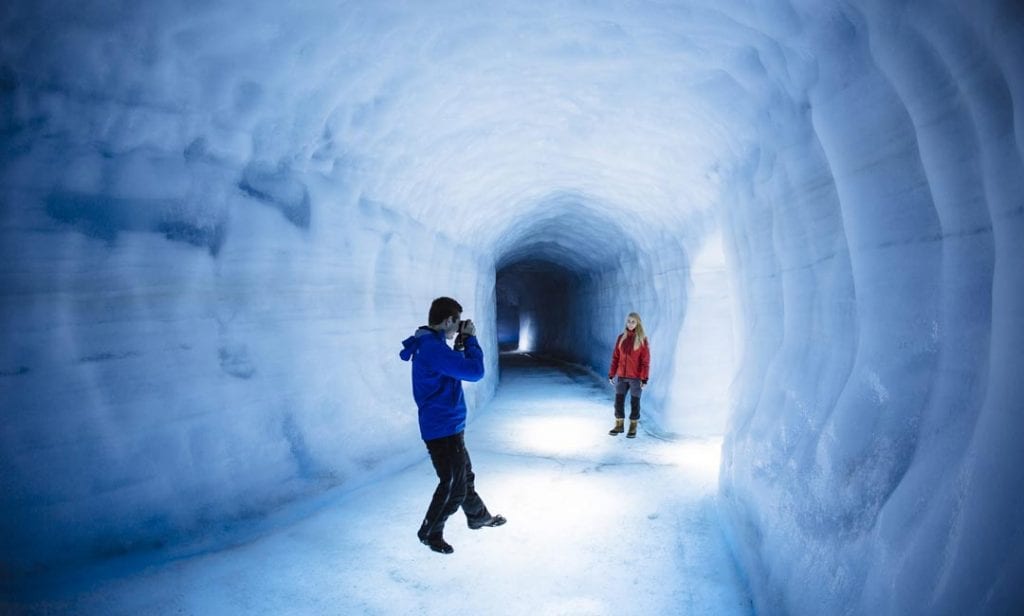
In conclusion, Iceland beckons travelers with its unparalleled beauty and natural wonders. Whether you’re chasing the Northern Lights, embarking on epic road trips, or soaking in geothermal pools, Iceland promises a journey like no other. The answers to these frequently asked questions are your key to unlocking the secrets of this extraordinary destination, ensuring that your Icelandic adventure is as smooth as the icebergs floating in its glacial lagoons.
Reach out to us today to discover how we can take you on a private tour in Iceland.
